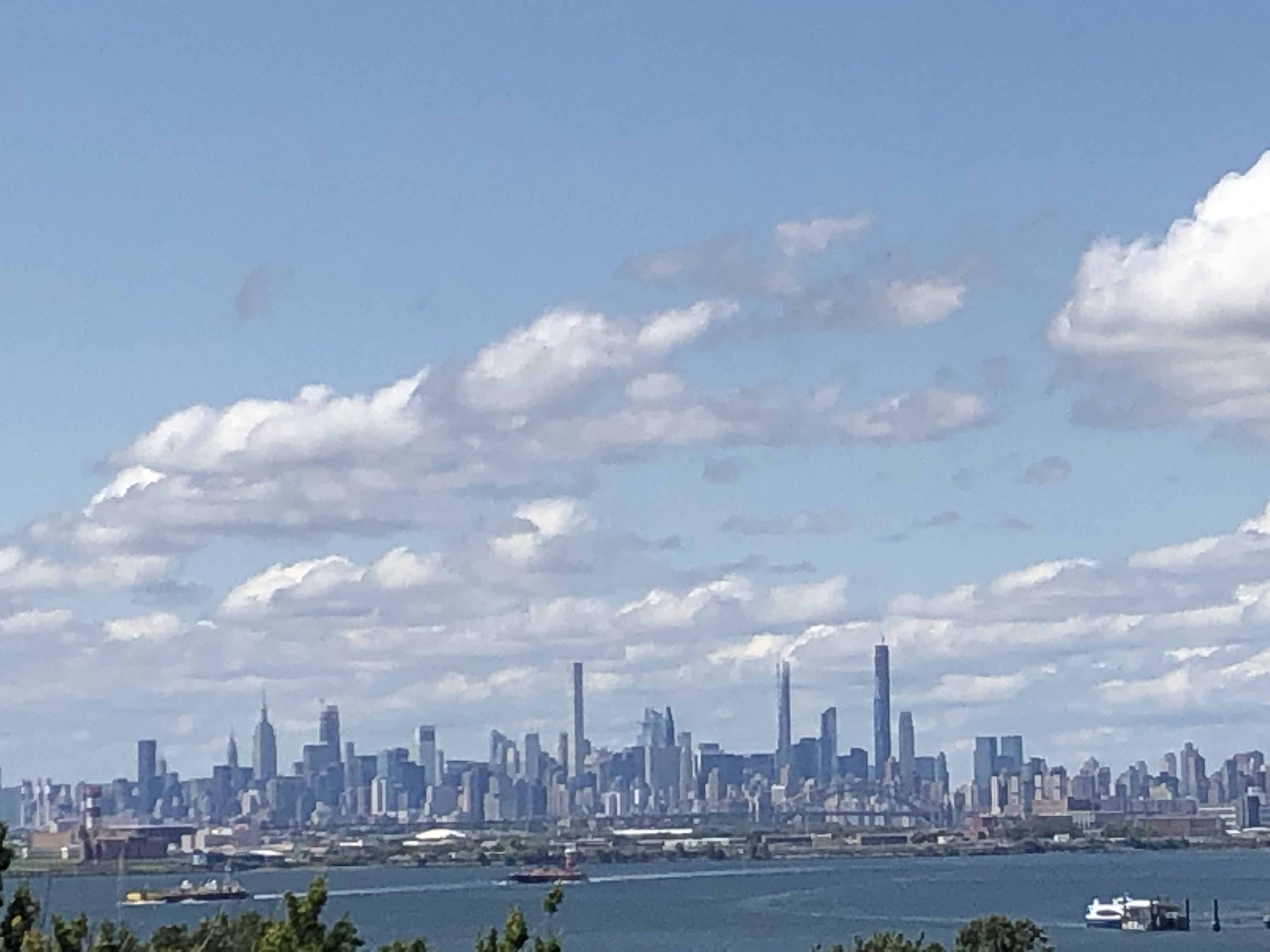Bleak Times for NYC Tour Guides

Michael Morgenthal has been working in the New York City tourism industry for nine years, but he has not experienced anything close to what has been happening this past week in the midst of the coronavirus outbreak. He is the Vice President of the Guides Association of New York City and joined the tourism industry after the 2008 financial crisis, but he made it through the trials of Hurricane Sandy.
“We’re definitely part of the gig economy, we were doing the gig economy before there was a gig economy and traditionally people who are contractors and freelancers have not gotten the same benefits as full time employees,” Morgenthal said.
GANYC started seeing a change on Thursday after President Trump gave a speech banning European flights and the NBA had shut down shortly after. It became a domino effect for most industries.
“That was when the cancellations just started flooding in,” Morgenthal said. Before Thursday night the organization tracked $60,000 worth of losses. By the end of Thursday night into Friday morning it was up to about $200,000 in cancelled tours.
Daily tours have been completely wiped out, according to Morgenthal. The Guides Association of New York City reported the industry has lost $1,419,956 since the group started tracking March 7th, 2020.
“We certainly understand these cancellations, we’re not blind to what’s going on in the world, but it’s certainly having a major effect on us,” Morgenthal said about tour guides.
Morgenthal is a native New Yorker and owns a local business in Brooklyn called Ray’s Food and Walking Tours. On most days, he is a one man band and only contracts other tour guides at the height of the season when things get too busy. Now, Morgenthal is worried this year’s season won’t recover any time soon.
“The problem is on our end just because the pandemic is declared to be contained or over it doesn’t mean people are going to start traveling right away because I’m sure there will be fears about getting sick and so many other people are losing their livelihoods and that’s all going to echo down on us.”
The tour guide industry usually has a steady flow from the beginning of March until Christmas. January and February are typically slower because fewer people are coming into the city and most people don’t want to take walking tours during the cold weather months.
“That makes it twice as hard because it’s not like we’ve been working for six months and have saved up money and it’s like ‘okay we can rely on our reserves,’” Morgenthal said.
There are not many places for visitors to go since many attractions including the Statue of Liberty and Metropolitan Museum of Art have shuttered for the next few weeks. But Morgenthal is worried about the independent tour guides throughout New York City who take guests off the beaten path to unique restaurants, bars, and mom and pop shops.
“As small independent contractors there isn’t a huge safety net for most of us, so it’s tough,” Morgenthal said. “It’s really tough.”
The Guides Association of New York City estimates between 1,300 and 1,500 professional tour guides work on a regular basis and since tourism is now non-existent, tour guides need to get creative. Tourism jobs were the seventh largest employer across the city in 2018, according to NYC & Co. Some of the organization’s tour guides have decided to give virtual tours by walking through the neighborhood or sitting back at home and giving online lectures, but monetization isn’t a given.
“Most guides have been doing it for free, the same way Yo-Yo Ma is performing his cello in his apartment, it’s kind of a public service if anyone wants to find it online and escape a little bit they can do that.”
Tour guides hope to encourage New Yorkers to join them on walks around local neighborhoods in the coming weeks while still practicing social distancing. People have been purchasing gift certificates for local restaurants to redeem at a later time, but not every tour guide owns their own company and they don’t have the opportunity to profit from pre-purchased tours.
The Guides Association has called on city, state, and federal government officials to ensure professional tour guides are taken care of during this crisis. The city has started offering low or no interest loans and small grants through their small business offices.
“We are not by any stretch saying we are the only ones suffering, but we just want to make sure the proper authorities know, because in the past we’ve been overlooked,” Morgenthal said.
GANYC fears if people are not traveling to the five boroughs, the industry will not be able to revive as quickly as other businesses in the city might be able to. Tour guides expect to need help short term and long term since small and large tourism companies have laid off numerous employees.
New York has gone through 9/11, the great recession, and Hurricane Sandy. Most of these events had physical steps to clean up and rebuild from disaster. But this feels different for many people, including Morgenthal.
“I think maybe just because there’s no light at the end of the tunnel,” Morgenthal said, “Here there’s just so much uncertainty about where this is going to go and how it’s going to end and who’s going to be standing when it’s done.”

